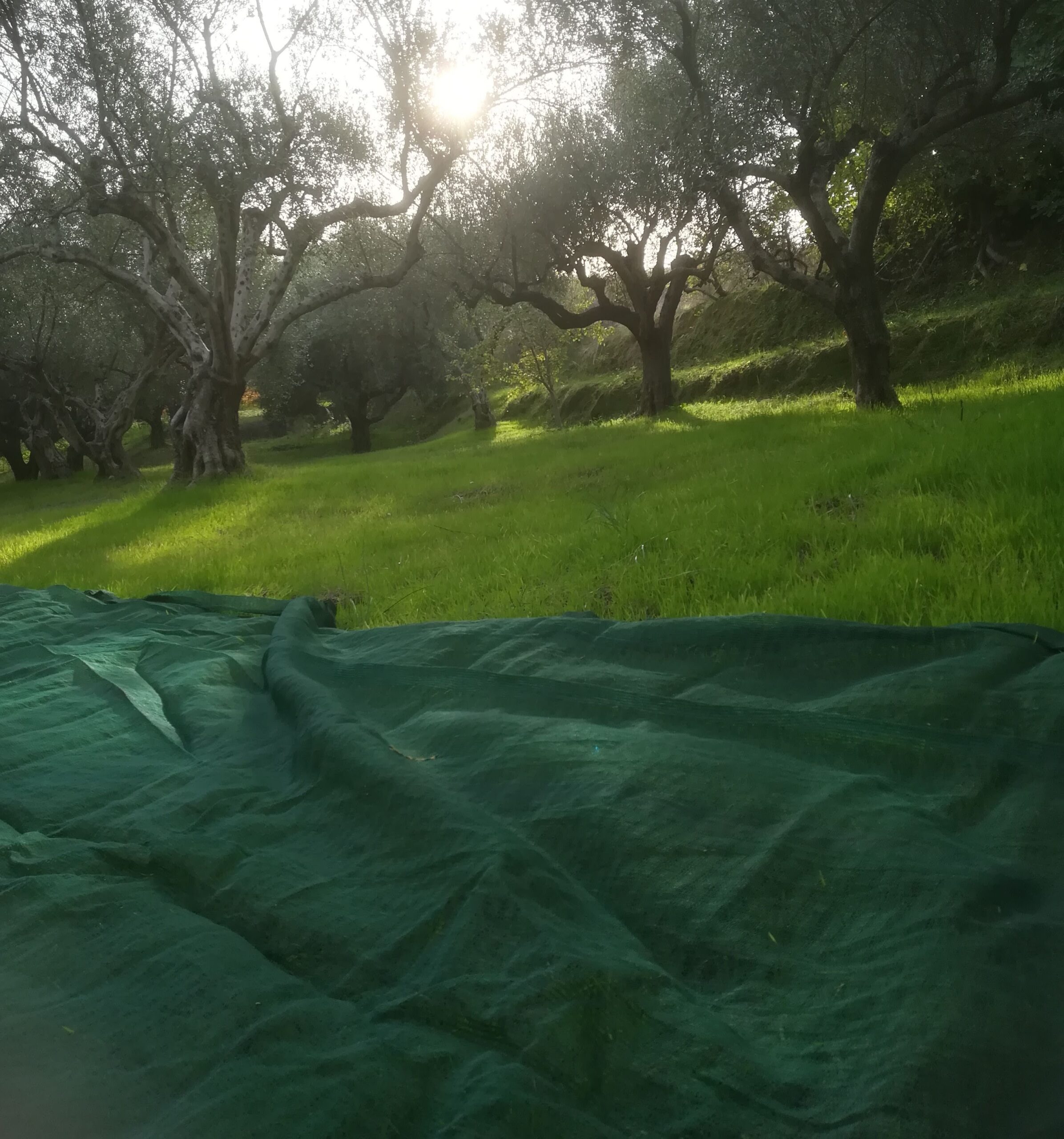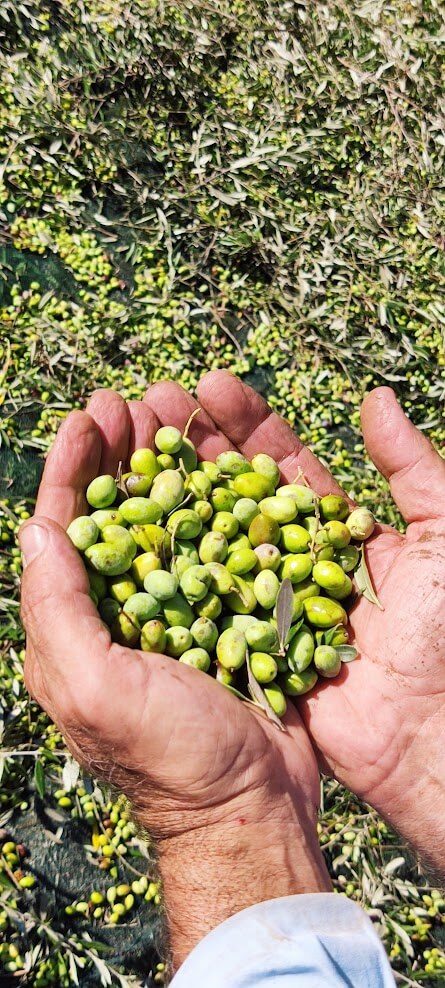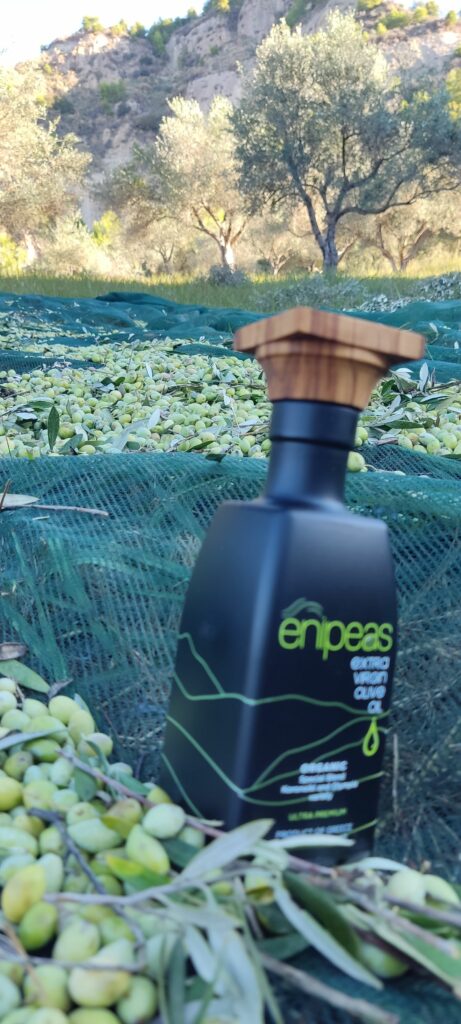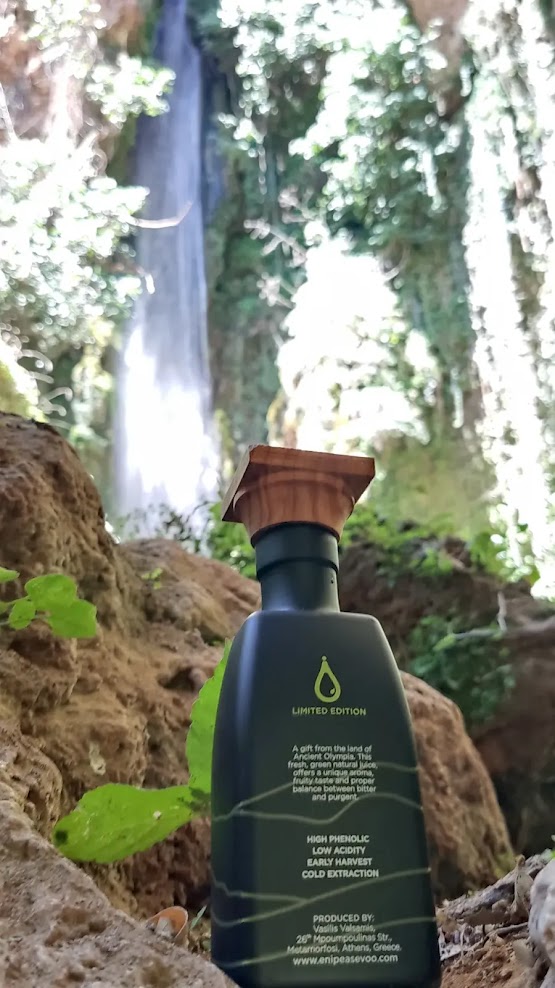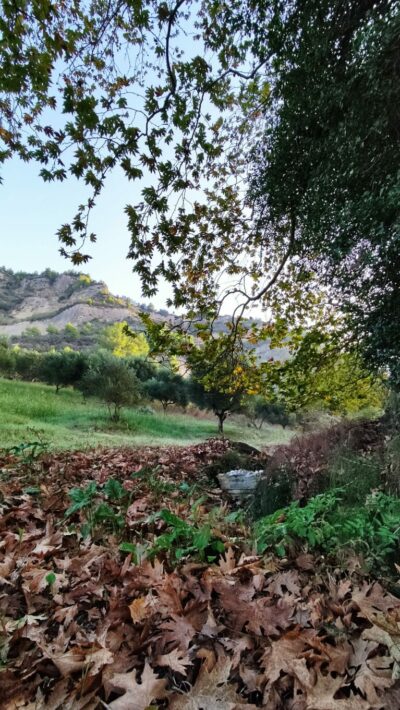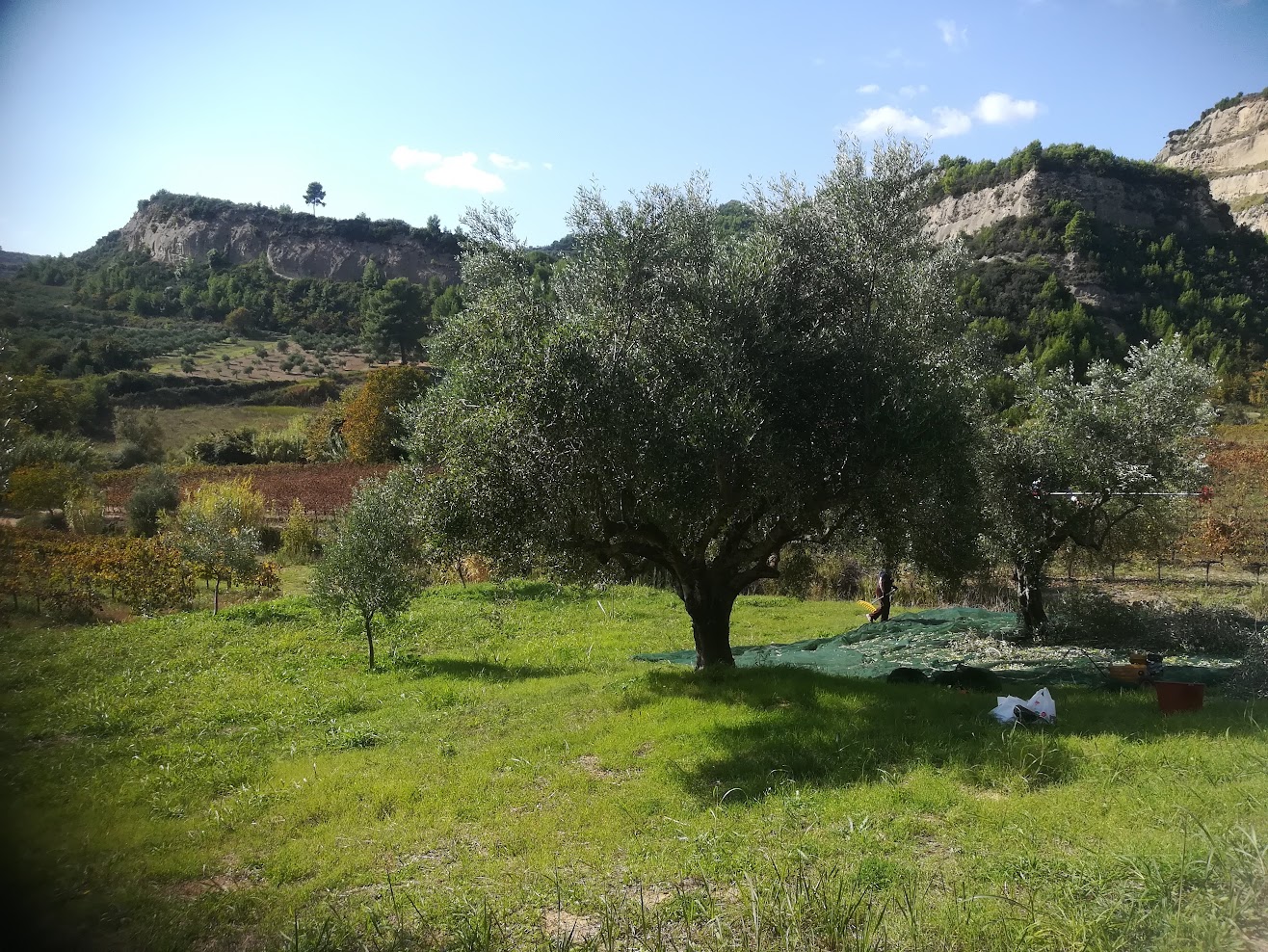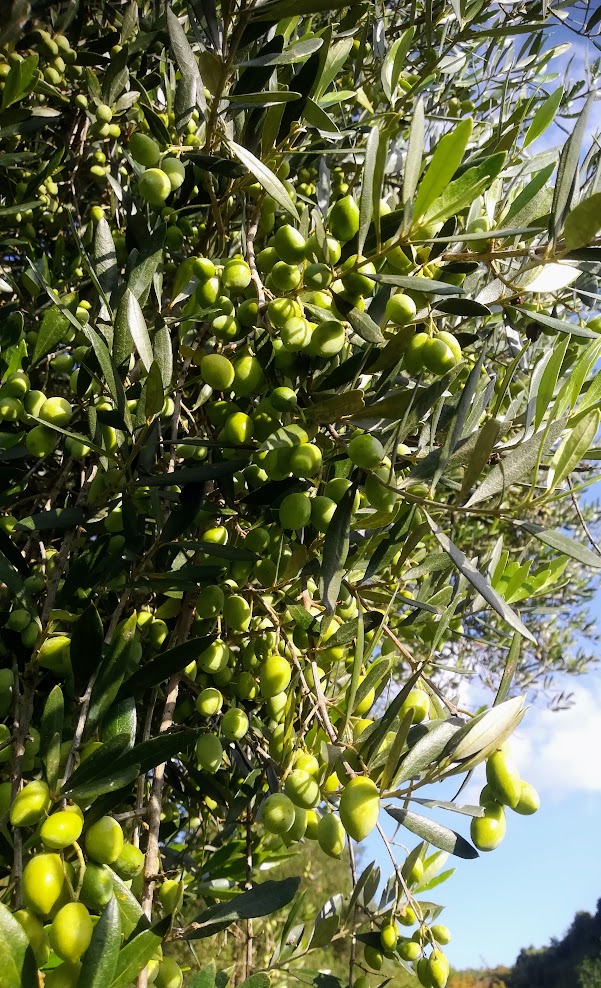Geographical Info – Enipeas
Enipeas is a river of the prefecture of Ilia, one of the large and main tributaries of the Alpheus River. It is located in the west of the prefecture and has many tributaries, streams and torrents. The springs of Enipeas stream out from the forest of Foloi at an altitude of 350 meters. The oak forest on the Foloi plateau is one of the rarest and unique for its loveliness in the Balkans, the mythical home of the Centaurs. Stories about elves and fairies, songs about forest nymphs and pagan festivals run through the history of the place from mythology to modern superstitions.
The specificity of soil analysis
The Enipeas River stretches for 65km, until its mouth shortly after ancient Olympia where it meets Alpheus. Along its route, it crosses the slopes of the mountains, calcareous, clayey dunes, deposits of silt and clay, soil elements of special scientific geological interest. It passes through the fertile slopes and valleys, the orchards and the fields with vines and olive groves. Its waters flow endlessly, just like the main occupation of the rural population with wine and olive oil, the knowledge of land cultivation that has been passed down from generation to generation. The fertile and unique lands of Ancient Olympia offer us a special and distinctive high quality extra virgin olive oil.
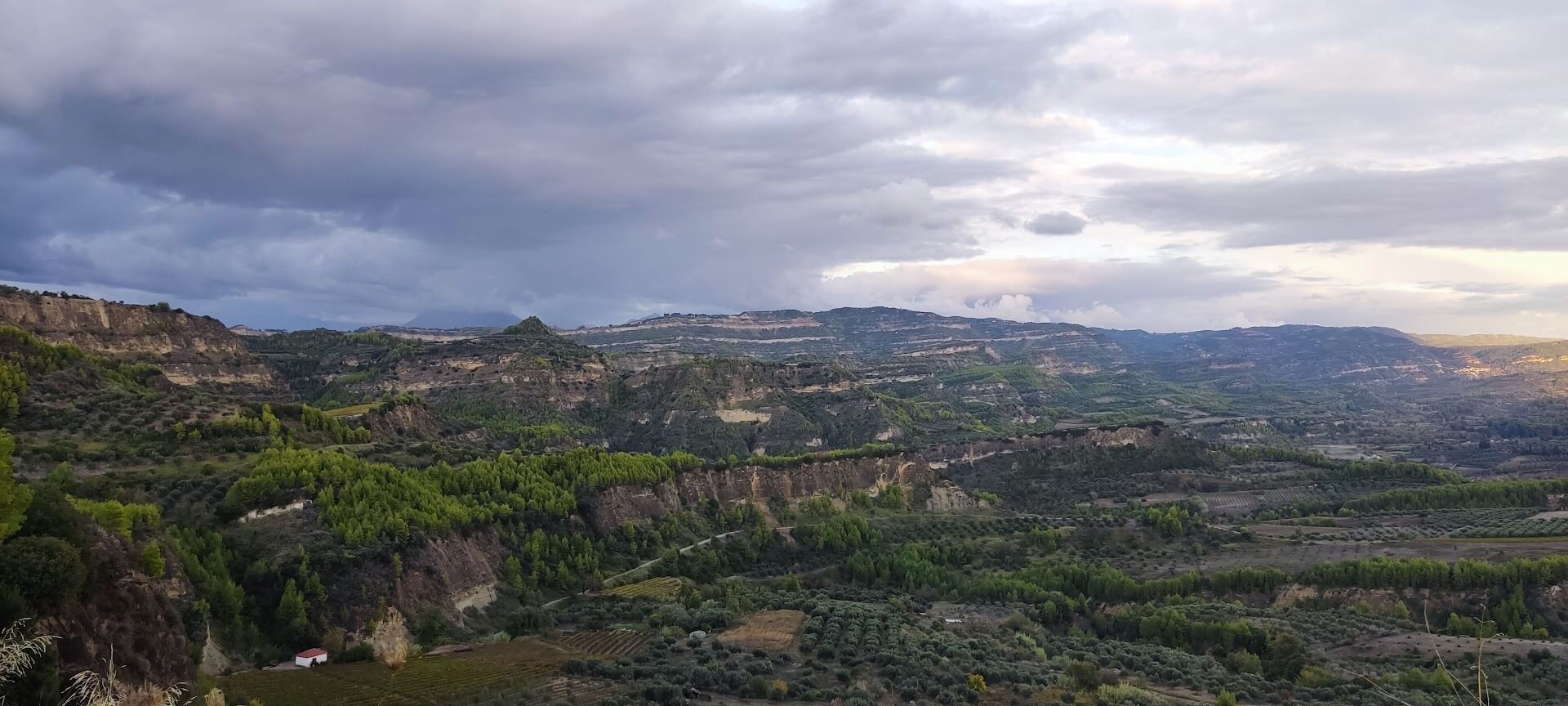
Biological Cultivation
At an altitude of 250m from the Ionian Sea, we found our little lot, the olive trees of the Koroneiki variety that we were bound to take care of in our turn. In the face of the global health crisis, our environmental sensitivity and love for pristine nature have become our responsibility and duty. So as we are observing the effects of the climate crisis around us, we have chosen the principle of quality as the integral one, the compass for our course. We have chosen to oppose against conventional monoculture, industrial mass production which destroys aquifers and pollutes soils with agrochemical fertilizers, disintegrating the natural environment and finally resulting to undermine the very quality of olive oil and our diet itself. The cultivation method for olive production could only be exclusively environmentally friendly. Respect for nature rewards us with the production of an excellent quality extra virgin olive oil.
Caring for the Earth – Biodiversity
Our olive trees are not irrigated as phenols are being reduced. In contrast, they are cultivated as dry and quench their thirst from the annual rainfall. Following the instructions offered by the consulting agronomist, the soil and foliar diagnostic analyses, we choose vegetable fertilization with legumes which they enhance fertility, improve soil structure, provide the necessary trace elements to nourish the olive and reduce problems with diseases and the parasites.
Pruning is not synchronized as usual for convenience with harvesting. The fruiting pruning is the second nourishment of the olive tree, it is carried out after winter, with moderate intensity allowing lighting and ventilation on the foliar surface of the tree, aiming to obtain the optimal production and quality of the fruit.
However, the care of olive tree cultivation goes hand in hand with crop rotation, the maintenance of native vegetation and the propagation of genetic material and biodiversity. We operate based on the principles of biodynamic, to take care of the fertility of the soil, to preserve a few citrus trees and a variety of herbs such as inula elenium – horsetail, taraxacum officinalis – chicory, lavenders and rose maries, enriching our soil but also creating in measure of possible a competing natural insect repellent for the olive fruit fly.
The Unique Olympia variety
The native wild-olive tree of Olympia was discovered at the area of Gortinia – Arcadia
and alpine Olimpia-Ilia. The olive oil being produced from that specific variety is documented as the richest in beneficial phenols in the world and it contains one of the largest percentages in health-protective oleocanthal in comparison with other olive oils in the country. The variety of Nemoutiana or Horaitiki or as renamed the Olympia variety has ancient origins, given the fact that olive trees as old as 1500 years old have been found inside the archaeological site of Ancient Olympia. It defines as the perfect olive oil for pharmaceutical purposes. Its savor is bitter and spicy.
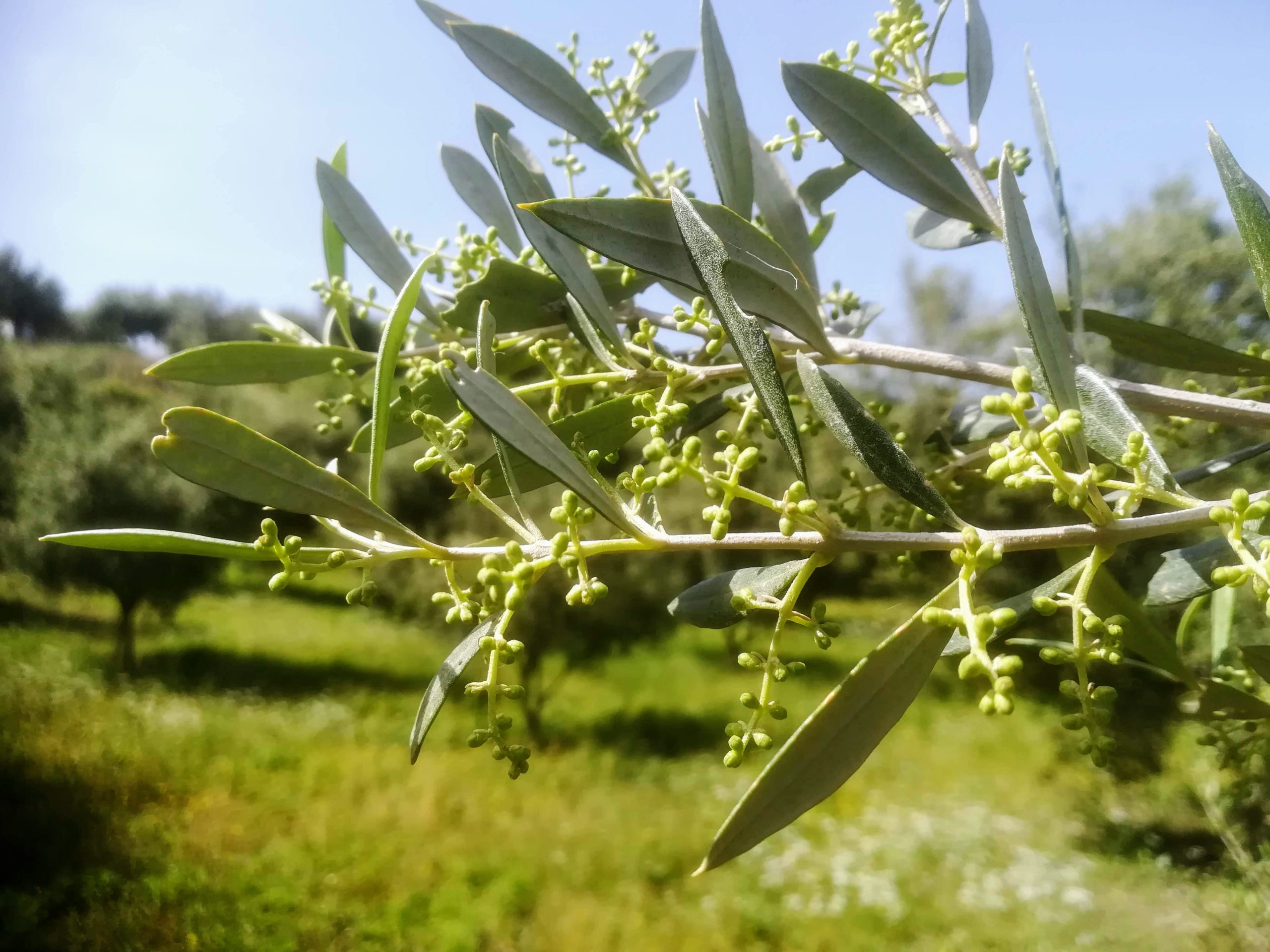
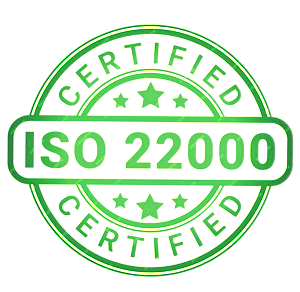
The production of cold pressed oil from the associated olive mill and packaging plant is ISO22000:2018 certified

Certified organic farming
according to the organic inspection and certification scheme (EU Regulation 2018/848)

Early Harvest
From our spring inflorescences we receive the first signs of our production. We neatly mow our field to keep it clean and we observe our olive fruits growing, hoping for the great cultivator (the weather) to be our ally. The early harvest takes place from the mid to late October at the stage of the ripening indicator, when the small fruits of the koroneiki variety are still green. Then, after the quality control of the grading, the fruits are being stacked in specified crates and transported at the same day for the cold pressing of olives and the production of green olive oil. Enipeas Evoo
